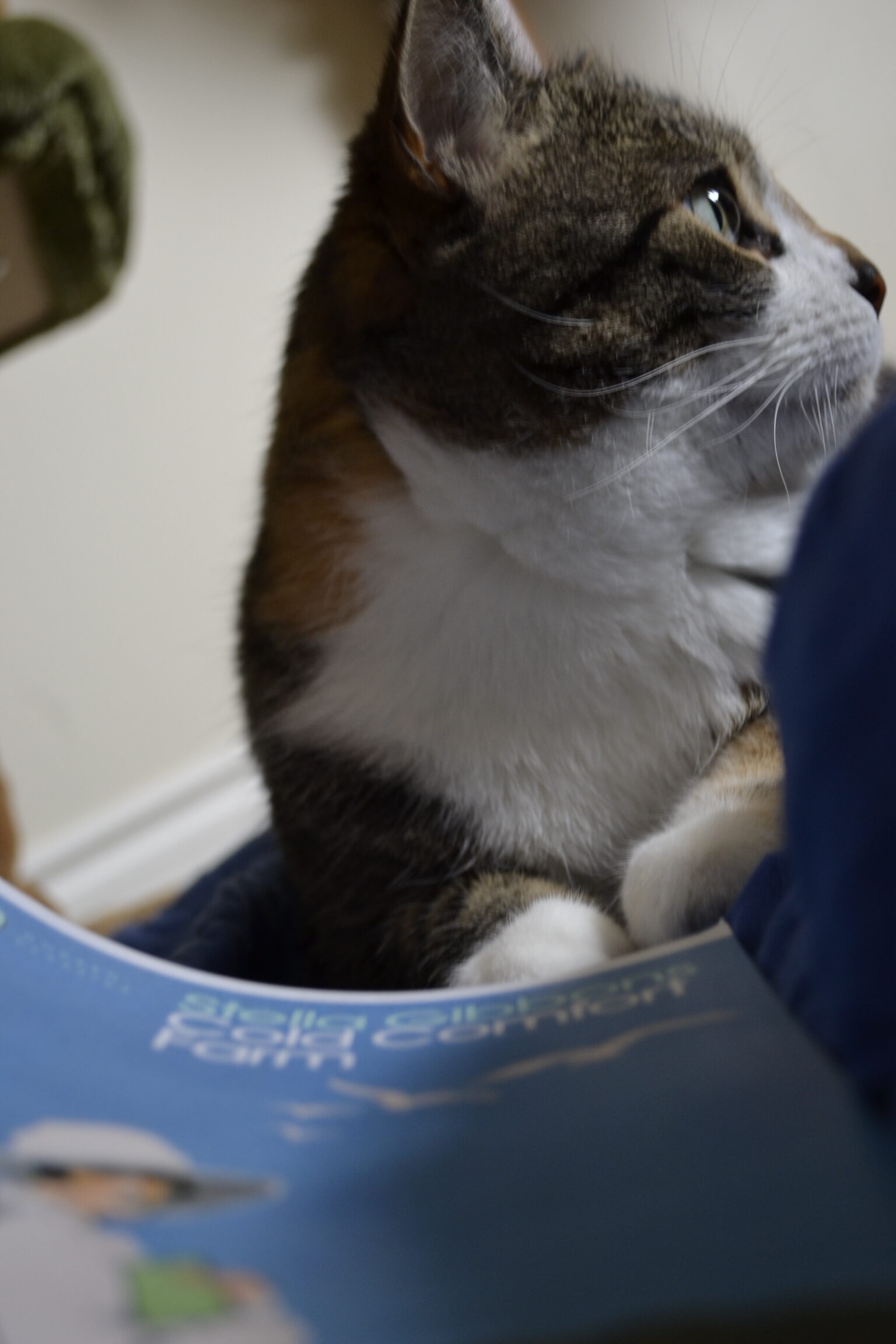Tragedy Tomorrow, Comedy Tonight
I have a downright dread of the news cycle, and most of the time I get my news and journalism fix in bit-sized chunks scattered across the internet or else in more in-depth articles from the New Yorker. That was before this pandemic. In our current crisis, news is a grim necessity and I have watched more announcements, prime ministerial addresses, and news conferences than I have ever wanted to. Staying current on lockdown and rules plus medical breakthroughs and vaccine rollout is something that we have to do in order to make sense of what’s going on and the ever-evolving nature of a global pandemic.
But there are days when I’ve had quite enough. There are days when I watch a journalist and a critical care physician discussing the latest projections as they each try unsuccessfully to hold back the tears in their voices and beg people to please recognize the reality of just how bad things are and how we’ve gotten to this point. And soon I’m crying with them. Because things look awful and it feels like the world is falling apart even if I’m doing everything I can to fix it.
That’s usually when I turn to distractions that inspire the complete opposite of the mood I’m getting mired in. I read lighter, comedic books, watch comedic movies, and try for a moment to soothe some of the distress that I know many other people are experiencing too. My lovely spouse and I have our particular favourite films that we turn to — like A Funny Thing Happened on the Way to the Forum, The Life and Times of Tristram Shandy, Gentleman, Mel Brooks movies, classic Bugs Bunny, Blackadder, and Harvey Birdman.
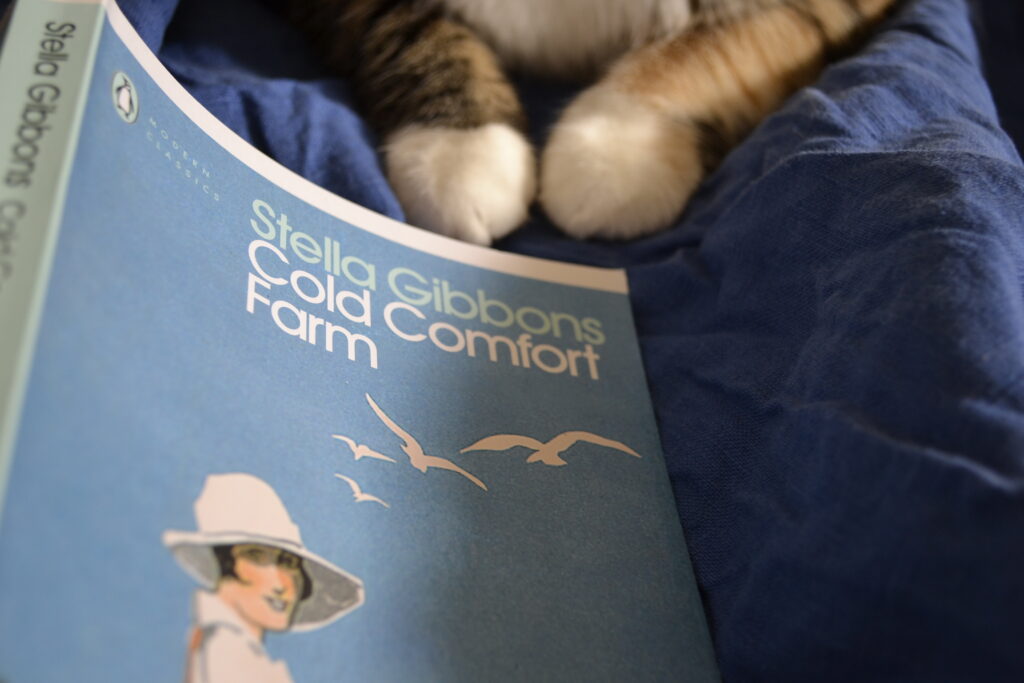
Because it helps to have a bit of comedy for an evening, even if tomorrow you have to go back to tragedy.
A Light Rural Adventure
Stella Gibbons’ Cold Comfort Farm is a comedic novel straight out of the 1930s which details young Flora Poste’s trip to live off a set of relatives living on a Sussex Farm. Once she arrives, she promptly confronts the eccentricity of her cousins, the Starkadders, the dilapidated state of the farm, and in her words, how ‘messy’ their lives are. And so, Poste starts on a journey to ‘tidy up’ everything around her and bring happiness to her cousins whether they want it or not.
What follows is a light-hearted escapade through the tropes and clichés of rural melodramas complete with a happy ending and a lot of jokes at the expense of 1930s high society and their ideas about farming and the poorer classes. Cold Comfort Farm is a fun read that still allows the reader to think about history, class differences, and the influence of contemporary literature and film on the humour it presents.
It’s All in the Satire
As you may have guessed, all of the inhabitants of Cold Comfort Farm represent the characters of many a rural melodrama. For example, Seth Starkadder is a critique of the rake character from 18th century literature, while his mother, Judith Starkadder, is the quintessential heroine of rural gothic novels who proclaims the farm cursed and turns molehills into generational tragedies. Aunt Ada Doom is the invalid matriarch of the family who barely ever leaves her room and, when she does, only yells that she saw ‘something nasty in the woodshed’. She also has forbidden anyone to leave the farm.
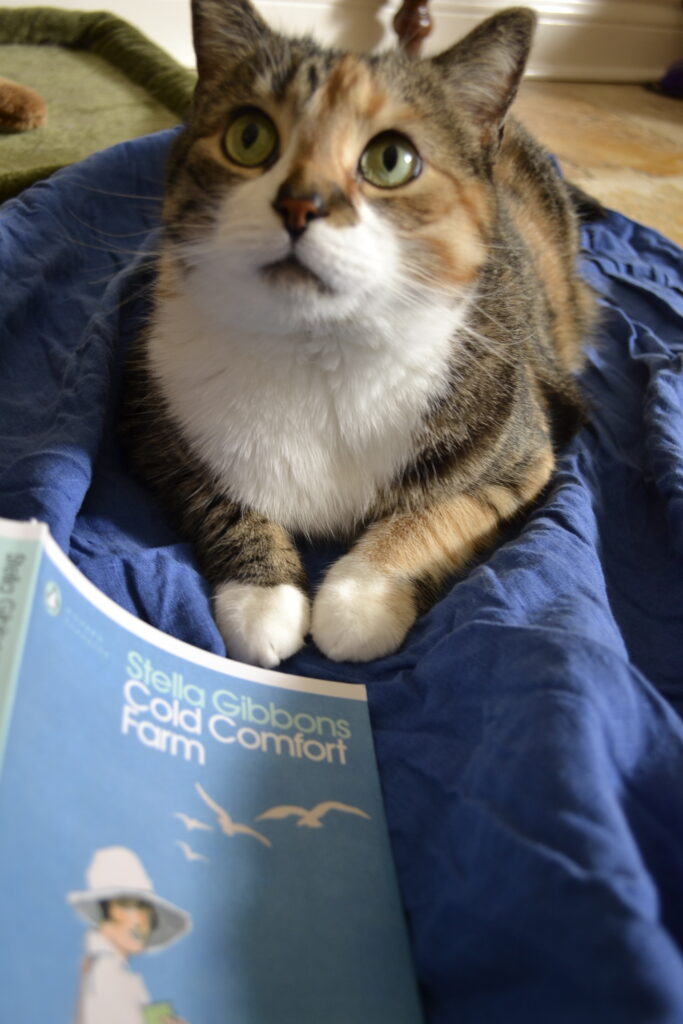
If you’ve read novels of classic literature such as Wuthering Heights, Clarissa, and Uncle Silas, Cold Comfort Farm’s satirical critique becomes even more hilarious than it would be if you aren’t familiar with these books. However, there is merit in the comedic aspects in and of themselves. Also some knowledge of the films of the era greatly add to the enjoyment that Gibbons’ fosters with her characters, settings, and plot twists.
However, Gibbons also heavily and amusingly critiques the arrogant literary intellectual of the time as well as high society so there’s lots to read and lots to get out of the novel even if this is your first foray into rural drama.
When One Doesn’t Age Well
But for all of the laughing I did, I have to warn that there was quite a bit of cringing as well. Poste is a woman who is not afraid to stand up for herself and do what she thinks is right, but she falls into a lot of 1930s sexist tropes that I’m sure are supposed to be funny — and simply aren’t. It really punches the reader in the gut when it comes to the ending, where all Poste wants is to be told what to do by the man she’s in love with. Plus, the other female characters are not spared from similar sexism — often dealt out at Poste’s hands.
Also, Seth Starkadder, while uproariously funny at points (like when he is frequently described as ‘lounging away’ instead of walking), is a sexual predator and he’s mentioned as being a rapist and these statements are passed off as either being in jest or else with a complacency that is absolutely disgusting. Sexual assault and rape are never a joke, but unfortunately turn-of-the-century humour often ignored that fact. Seth’s behaviour should put him in prison, not the solely at the butt of village jokes.
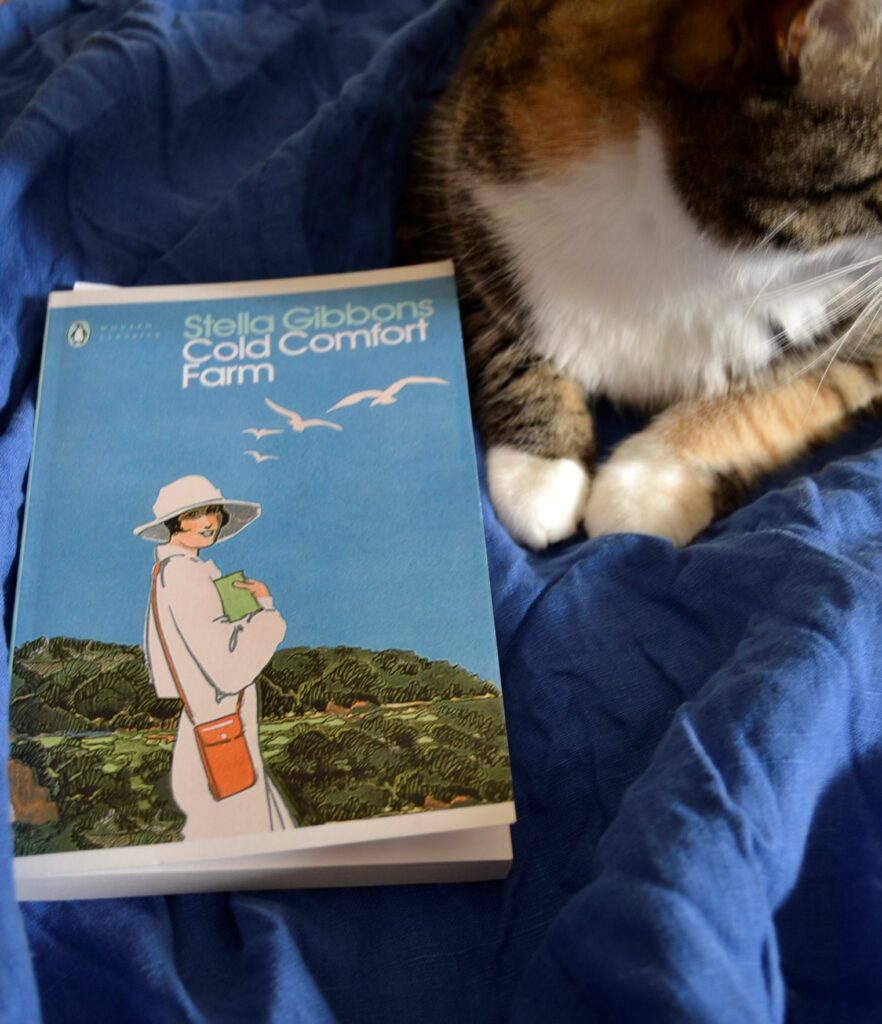
Though the mentions of his behaviour are not graphic, I would issue a warning that if sexual violence is triggering for you then you might want to skip this book and its very horrible treatment.
And Now For Something Completely Different
As we adjust to the realities of the third wave we are currently in, I and my lovely spouse decided it was time to start our yearly re-watch of the entirety of Monty Python’s Flying Circus. I bought the boxset years ago, but the sketches and the writing never get old. I still laugh out loud as I watch the Ministry of Silly Walks, and call out ‘Dinsdale’ when Spiny Norman does.
It’s those moments that make the harder ones more bearable and help with the flux and flow of the news cycle — which these days feels like one nightmarish roller coaster.
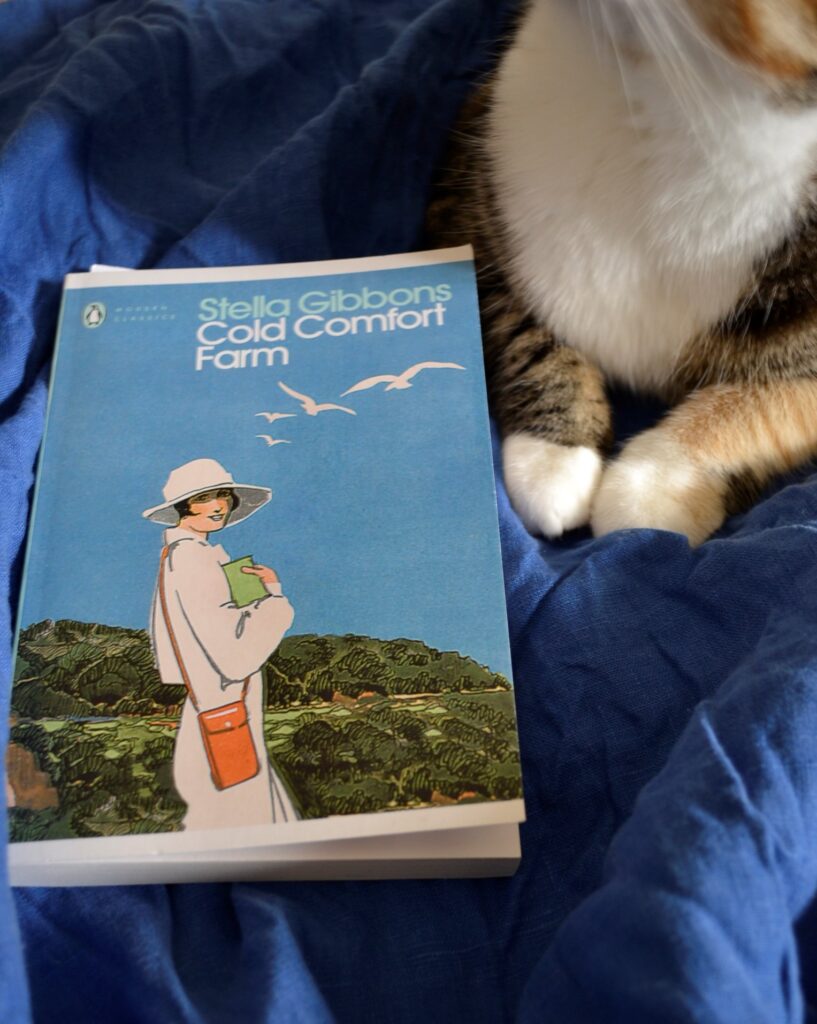
That’s it for this week. Join me next week for a look into the true crime genre with Truman Capote’s classic work about the Clutter case, In Cold Blood.
